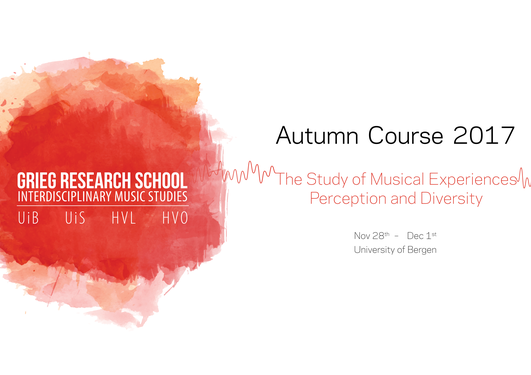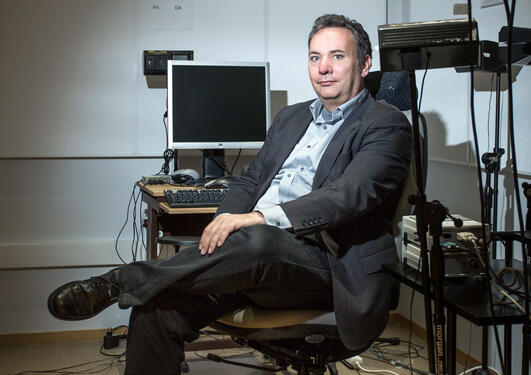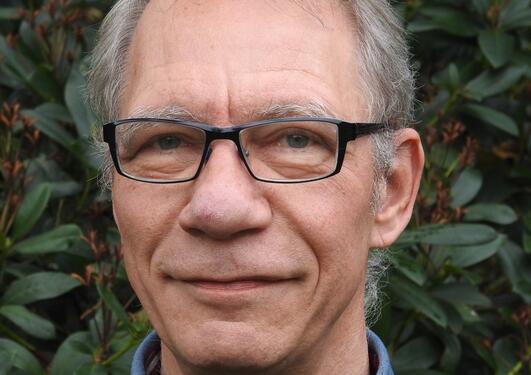Thomas Solomon
Reflections on music and exile: Experience, aesthetics, and the present-absence
Hovedinnhold
In his 1984 essay “Reflections on Exile,” the late Palestianian literary scholar and cultural critic Edward Said discussed some aspects of the politics and aesthetics of exilic cultural production. Said draws primarily on examples from literature (novels, poetry), with the result that the asethetic issues he discusses remained primarily at the textual level. This paper puts some of Said’s ideas in dialog with questions more specifically related to the musical production of exilic subjects. As deeply embodied forms of cultural expression combining sound, language, and moving bodies in performance, musical evocations of exile offer other kinds of possibilities for the aesthetic exploration of the condition of exile. Such possibilities are further extended in multimedia productions such as videoclips, in which the musical and the visual interact to produce complex audiovisual texts, apt for the exploration of the contradictions of exile and exilic identity. Musical performance events can be sites for the constitution of exilic subjects and subjectivities, sometimes in unexpected ways, as when exiled musicians are absent from performances of their music in the homeland they have been exiled and displaced from. In such cases, one can speak of a present-absence which powerfully, if paradoxically, embodies the exilic condition.
This presentation uses the music of Metin and Kemal Kahraman as a case study to explore these issues. The Kahraman brothers are from Dersim, a region in southeastern Anatolia that was historically largely autonomous, though it is now incorporated into the Turkish state. The people of Dersim, the majority of whom belong to the heterodox religious group known as the Alevis, constitute an ethnolinguistic and religious minority in Turkey. While they are often included within the more encompassing categories “Kurdish” or “Kurdish-Alevi,” the Zaza have a distinct language, culture and historical sense of identity from the Kurdish-speaking populations that surround them; this identity is profoundly grounded in the sacred geography of their Dersim homeland. For much of the past two decades, Kemal Kahraman lived in stateless exile in Berlin, unable to return to Turkey or Dersim. In the music he makes with his brother, Kemal’s personal experience of exile is closely articulated with collective historical exiles and displacements his people have experienced during the early Turkish republican period and more recently during the civil war in the southeast. The brothers’ music explicitly reflects upon and aestheticizes the exilic experience of displacement and longing for home. The paper explores how their music translates the experience of exile into aesthetic form, drawing on the Kahraman brothers’ sound recordings, videos, and a concert the author attended in Istanbul.
Key Questions
- How can the experience of exile be “translated” to musical form, and how can music as embodied multimedia expression be a vehicle for aestheticizing the experience of exile?
- How does music mediate between exilic subjects and the places and spaces of the homeland they are displaced from?
- What kinds of meaning emerge when the music of exiled artists is performed in the homeland they are exiled from?
Recommended Reading
Levi, Erik and Florian Scheding. 2010. “Introduction.” In Music and Displacement: Diasporas, Mobilities, and Dislocations in Europe and Beyond, edited by Erik Levi and Florian Scheding, 1–11. Lanham: The Scarecrow Press. Available online at: https://ebookcentral.proquest.com/lib/bergen-ebooks/reader.action?docID=1021983&ppg=11.
Neyzi, Leyla. 2002. “Embodied Elders: Space and Subjectivity in the Music of Metin-Kemal Kahraman.” Middle Eastern Studies 38(1):89–109. Available online at: http://www.jstor.org/stable/pdf/4284212.pdf.
- Said, Edward. 2001 [1984]. “Reflections on Exile.” In his Reflections on Exile and Other Literary and Cultural Essays, 173–86. London: Granta. Available online at: http://www.dobrasvisuais.com.br/wp-content/uploads/2011/11/Reflections-on-Exile.pdf.
Other Preparation
- Research the term “exile.” How does this term compare and contrast with other, related terms such as “displacement,” “refugee,” “stateless,” “diaspora,” and “migrant”?
- Read Edward Said’s essay “Reflections on Exile.” In what ways may Said’s discussion of evocations of exile in literary texts be applicable, or not, to music?
Biography
Thomas Solomon is Professor in the Grieg Academy-Department of Music at the University of Bergen. He has previously taught ethnomusicology and popular music studies at New York University, University of Minnesota and Istanbul Technical University. He has carried out ethnographic research on music, place, and indigeneity in highland Bolivia, and on place and identity in Turkish rap music and hip-hop youth culture in Istanbul; he has also published on various theoretical topics in ethnomusicology and popular music studies. His publications include articles in the journals Ethnomusicology, Popular Music, European Journal of Cultural Studies, and Yearbook for Traditional Music, as well as numerous chapters in edited volumes. He is the editor of Music and Identity in Norway and Beyond: Essays Commemorating Edvard Grieg the Humanist (2011) and African Musics in Context: Institutions, Culture, Identity (2015), and co-editor of Ethnomusicology in East Africa: Perspectives from Uganda and Beyond (2012).






